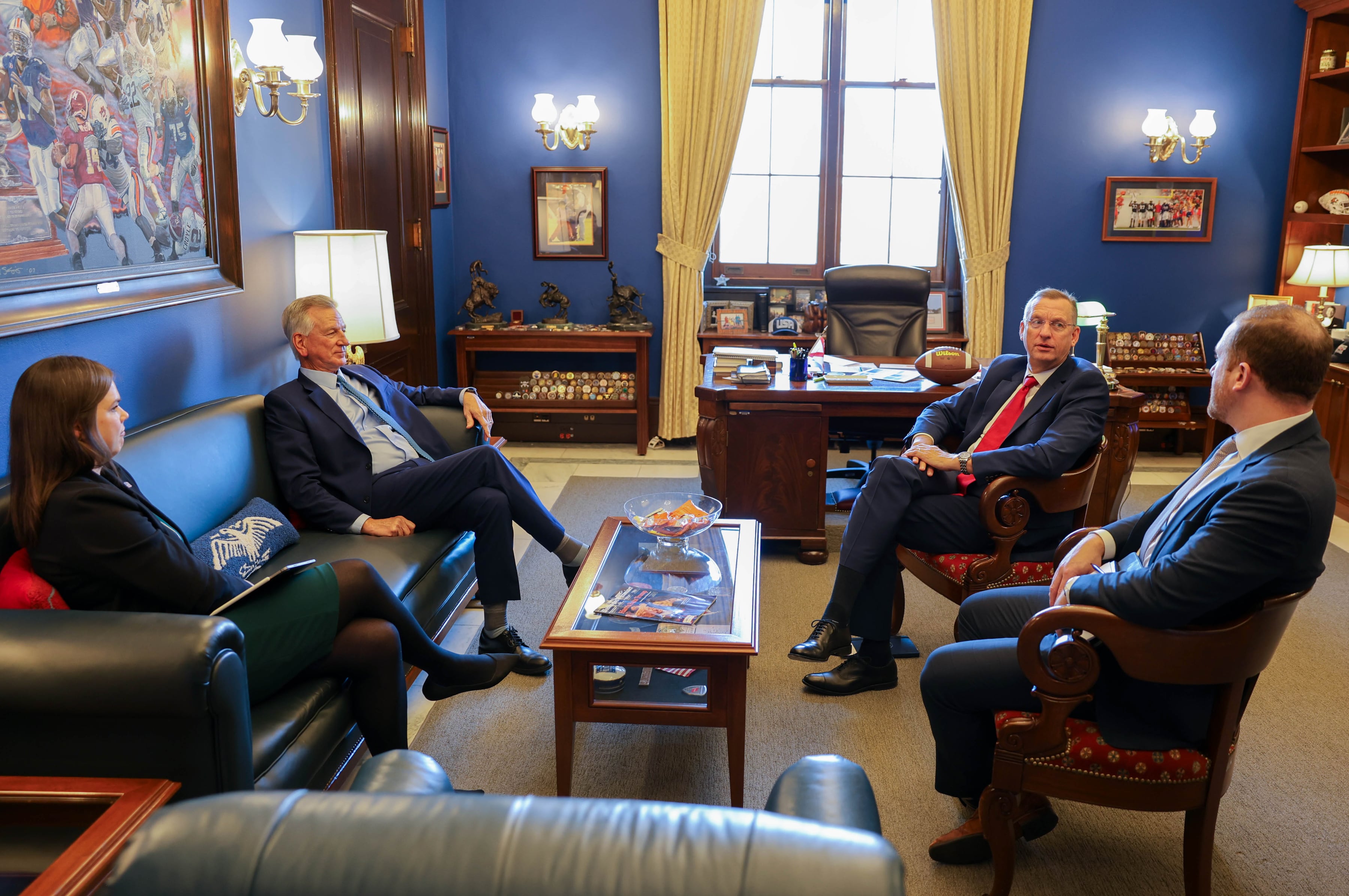WASHINGTON — With Senate Democratic leader Harry Reid on board, the nuclear agreement between Iran and six world powers is picking up momentum to survive fierce opposition from Republican and Israeli opponents.
A day after Reid's announcement that he will back the deal pushed by President Barack Obama, Michigan Democratic Sen. Debbie Stabenow threw her support behind the agreement too, declaring in a press release Monday: "I have determined that the imminent threat of Iran having a nuclear weapon outweighs any flaws I see in the international agreement. For this reason, I must support the agreement."
Stabenow became the 28th Senate Democratic supporter of the deal, pushing backers closer to the 34 votes they would need to sustain Obama's veto of any resolution of disapproval. Increasingly supporters seem to be in reach of getting the 41 votes they would need to block such a resolution from passing the Senate in the first place, despite unanimous GOP opposition and furious lobbying by backers of Israel.
Reid announced his support on Sunday, pledging to do "everything in my power" to support the pact.
Only two Senate Democrats — Chuck Schumer of New York and Robert Menendez of New Jersey — have announced opposition to the deal.
Instead, steady stream of Democrats have recently backed the deal, and Reid's support provided an opportunity for others to jump on board. Reid's announcement came ahead of Obama's visit to Nevada Monday for an energy summit.
Stabenow, who is close to Schumer, had been seen as a question mark on the deal. "America must choose between the following: an international coalition working together to stop a nuclear Iran while increasing our joint efforts to stop their non-nuclear terrorist activities, or no international effort, no surveillance, no accountability and a nuclear Iran within a few months," she said.
Republicans and the Israeli government strongly oppose the deal struck by the United States, Russia, China, Britain, France and Germany with Iran, which seeks to keep Iran from building a nuclear bomb in exchange for billions in international sanctions relief. They say the agreement makes too many concessions to Iran and could actually enable that country to become a nuclear-armed state.
Congress plans a vote next month on a resolution disapproving of the deal, which Obama has threatened to veto. Opponents would then need two-thirds majorities in the House and the Senate to override.
House Minority Leader Nancy Pelosi already has said House Democratic supporters have the votes necessary to sustain Obama's veto despite unanimous GOP opposition.
Reid said he believes that the deal was the best that could be achieved.
"First, this is a good agreement on the merits, imposing the toughest inspections and verification regime in history, and a diplomatic solution is certainly less costly in American blood and treasure than any possible military option," Reid said. "Second, if the Senate rejects this agreement, the international community will not support an attempt to secure another and they will not support the sanctions regime. Those are hard facts."
Iran has threatened to destroy Israel and Prime Minister Benjamin Netanyahu is vehemently opposed to the deal.
Reid said Israel's security is "of utmost importance," adding: "I support this deal because I believe it is the best option to halt any Iranian nuclear weapons program and therefore to protect the State of Israel."
Associated Press writer Erica Werner contributed to this report.





